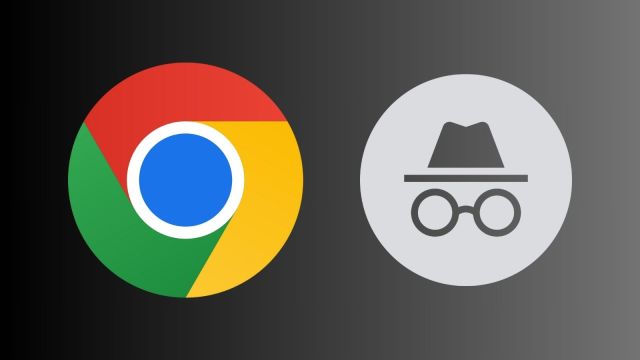Google, accused of improperly tracking the web-browsing activities of users browsing on incognito mode, has reached a settlement for the lawsuit. As part of this settlement, Google has agreed to delete billions of data records documenting the private browsing activities of users involved in the class action lawsuit, as per court filings unveiled on April 1 2024 in San Francisco federal court
A federal judge has ruled that the Department of Justice’s antitrust case targeting Google’s ad-tech business will proceed to trial in September.
What was the Lawsuit about?
 The lawsuit contended that the company clandestinely gathered data concerning users’ visited websites, browsing destinations, and highly personal details like their social connections, interests, shopping tendencies, and search queries—all while users believed they were browsing anonymously.
The lawsuit contended that the company clandestinely gathered data concerning users’ visited websites, browsing destinations, and highly personal details like their social connections, interests, shopping tendencies, and search queries—all while users believed they were browsing anonymously.
Plaintiffs argued that Google could not persist in its “covert and unauthorized data collection from virtually every American” and sought damages of at least $5 billion for alleged violations of federal wiretapping and California privacy laws.
Google’s unwavering stance
Throughout the legal proceedings, Google consistently maintained that it never correlated any data with individual users in Incognito mode or utilized it for personalized ads or recommendations.
In response to the latest developments, a spokesperson informed CNN that the lawsuit was deemed “meritless,” and the company was “happy to delete old technical data that was never associated with an individual and was never used for any form of personalization.”
Additionally, the company highlighted that while the plaintiffs initially sought $5 billion in damages, they will not receive any payouts under the settlement terms.
Earlier this year, Google quietly updated the disclosures displayed upon opening a new incognito tab on Chrome to reflect the data collected during private browsing sessions.
Browse ‘more’ privately
The updated language now states that users can “browse more privately,” rather than claiming to allow “private browsing.”
As part of the newly reached settlement, Google is required to delete billions of data records related to the private browsing activities of users involved in the class action lawsuit.
Furthermore, the company must implement default blocking of third-party tracking cookies in Incognito mode, effectively preventing advertisers from monitoring private browsing sessions.
Google spokesperson José Castañeda expressed satisfaction with settling the lawsuit, which the company deemed meritless.
He reiterated that the firm never associates data with users in Incognito mode and stated they are pleased to delete non-personalized technical data.
Castañeda clarified that while the plaintiffs initially sought $5 billion, they won’t receive compensation as part of the settlement.
However, individual users retain the option to pursue damages independently.
The Future: Court and Policies
In the most recent development from April 2024, court filings have unveiled further specifics regarding the settlement terms. While Google is obligated to erase a vast collection of historical private browsing data, the agreement does not entail any direct compensation for affected users.
The April 2024 filings stipulate that “users will not receive damages as part of this settlement, but may still pursue damages individually.”
A hearing is scheduled for July 30 before Judge Yvonne Gonzalez Rogers to deliberate on the settlement. If sanctioned, it would represent a significant privacy overhaul for Google and impose considerably stricter constraints on advertising data collection during private browsing sessions.
Google will enhance its disclosure practices to offer users comprehensive information on the data collected during private browsing sessions, with these updates already underway. Moreover, for the next 5 years, Google will empower private browsing users to block third-party cookies. Additionally, Google will discontinue tracking users’ choices to browse the internet privately as part of the settlement agreement.
What about cookies?
As part of the settlement, the company must implement changes regarding third-party cookies in Incognito mode for the next five years. Third-party cookies are small tracking files used by advertisers to monitor online activity and personalize ads accordingly.
Under the terms of the settlement, Google is required to automatically block third-party tracking cookies by default in Incognito mode. This policy applies to all types of third-party cookies from websites other than the one directly visited by the user.
 This initiative aligns with broader efforts to phase out third-party cookies due to privacy concerns.
This initiative aligns with broader efforts to phase out third-party cookies due to privacy concerns.
The MNC had previously announced plans to eliminate them from Chrome within a two-year timeframe, although the implementation of this initiative had been postponed multiple times.











